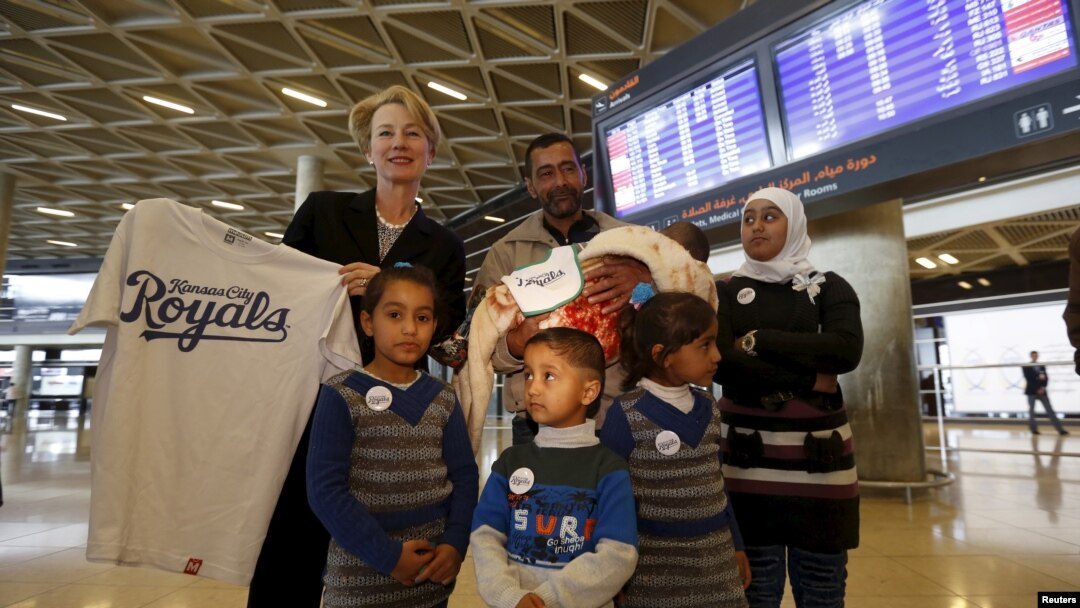The United States met its goal of accepting 10,000 Syrian refugees in 2016 with the White House expressing a desire to "expand our ambition" in response to the Syrian crisis and reiterating the need to find a way to end that country's war.
"On behalf of the president and his administration, I extend the warmest of welcomes to each and every one of our Syrian arrivals, as well as the many other refugees resettled this year from all over the world," National Security Advisor Susan Rice said in a statement.
More than five years of fighting in Syria has led to a massive flow of refugees out of the country, with most of the nearly 5 million people going to Turkey, Lebanon and Jordan. The influx has strained communities in those countries and inflamed debates in Europe about how many people governments should accept.
In response to a question about the comparatively few Syrian refugees the U.S. accepted in the early years of the war, State Department spokesman John Kirby said the 10,000 goal for this year came in part from a realization that the government could be doing more.
"We're equally as dedicated to our efforts to end the civil war in Syria so that people don't have to flee, so that when this is over they'll have a home to go back to, whether it's returning to Syria from the United States or from any other country that they've sought refuge in," Kirby said.
Overall, the U.S. set a goal of accepting 85,000 refugees from around the world in 2016. Kirby said that will go up to 100,000 for 2017, but could not say yet how many of those would be Syrians.
At the White House, spokesman Josh Earnest touted the overall U.S. humanitarian effort in Syria while also addressing concerns from critics worried about potential security threats.
"Significant screening was put in place to ensure that these individuals don't pose an undue threat to our national security. That's the kind of screening that every refugee applicant is subjected to, and we were able to meet this goal without cutting any corners," Earnest said.
The resettlement program emerged as a controversial issue in the U.S. presidential campaign after Republican candidate Donald Trump proposed a ban on Muslims entering the country. Governors of more than 30 U.S. states have tried to block such refugees from settling in their states, despite having no authority to do so, according to legal experts.
When world leaders gather in New York City for a session of the United Nations General Assembly in late September, President Obama will lead a summit on the global refugee crisis, with the hope of boosting humanitarian aid and doubling the number of refugee resettlement opportunities.


